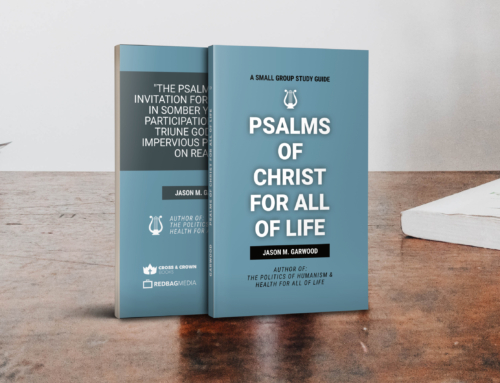*This article was published in the Tuscola County Advertiser on Wednesday, December 19, 2012.
The events of last Friday have left yet another mark on the weary souls of America. Another mass shooting, this time in an elementary school, has brought us to our weakest point searching for answers. Some people reacted to this horrible tragedy by seizing the opportunity to speak about issues of gun control and mental health. Others, like myself, simply sat with our family, stunned beyond comprehension that this happened. Again.
This leads to a question we must all face some day: “How do we deal with suffering?” The question is not, “Will you suffer?” but “When will you suffer? And how will you handle it?” As a pastor with a social work background, I’ve seen it all. I’ve seen the inner city stuff that many could only dream about. It’s out there. And it’s in your home, too. Suffering is everywhere, and we should be reminded that we all will suffer to some degree, and that it is just a matter of time before our turn is up.
The famed Reformer, Martin Luther, wrote extensively about two different theologies that we can use when we approach, for example, this issue of suffering. The first is called a “theology of glory.” This is the most natural propensity of the self-righteous human heart plagued with sin. It says that suffering is just a simple means to some other end. Suffering serves no purpose other us to a future state (however we define it). The theology of glory tends to than to get minimize suffering, or, as I often say, trivialize suffering (“It’s not big deal that we divorced, I didn’t need her and besides, we are better off now”). It also tends to over-spiritualize suffering (“You must have sinned, or done something wrong because karma is coming back to get you”). It is not a helpful theology.
The other, more accurate biblical theology that Luther fleshed out for us is called the “theology of the cross.” This says that suffering is very much a part of this fallen world, and that God is not surprised by it; instead, God enters into it in order to make his glory known, and show himself merciful, powerful, sovereign and just. (To be sure, this is the gospel!). Instead of trivializing suffering, or sometimes worse yet, over-spiritualizing it, we can stare it right in the face, call it for what it is, and know that God is revealing himself in it so that he will get glory, and we will get joy. This means spending less time with the Why of suffering and instead chase after the Who of suffering, the crucified and risen Jesus.
I am aware, at the risk of oversimplification, that this is a very brief sketch of these two massively crucial theologies and that it deserves a much more fuller treatment. But I want us to see that there is a stark difference between the two and that we can, through the power of the Spirit, get help from the Lord. If we try to explain suffering away, as if it was a fluke, or a whim, we will lose the very God who is in the midst of it, comforting, healing, and weeping with those who weep (Jn. 11:35; cf. Rom. 12:15).
And so here we are, confronted with this tragedy. Some will go the reductio ad absurdum route and make endless claims that they have the right answers. Others will ignore it because it is removed from them (giving further credence to doing justice here in our town, addressing suffering head on). But what the theology of the cross will do to respond to this crisis is to remember that God is in it, somehow, some way. How do I know this? Because he entered into this sin-filled world to live the perfect life I couldn’t live and to die the death I deserved to die. I know this because God didn’t just ignore his fallen creation and leave it to corruption. He entered into it, suffering a great deal himself. Jesus bore the wrath of God on the cross by absorbing our sin, in our place (condemned we stood). This Man of Sorrows, Jesus Christ, didn’t drive around in his Benz making presumptuous platitudes—no, he was murdered so we could have life. We can resist the urge to explain suffering away and instead embrace the God who has used suffering to achieve our greatest good (Rom. 8:28). May we run out of fresh fabrications of false hope so that our only hope will be our Only Hope. To the families of those who lost their lives: we are praying for you. May the gospel give you comfort. May the gospel give you love. May the gospel grant you peace. Christ is all. Selah.






Leave A Comment